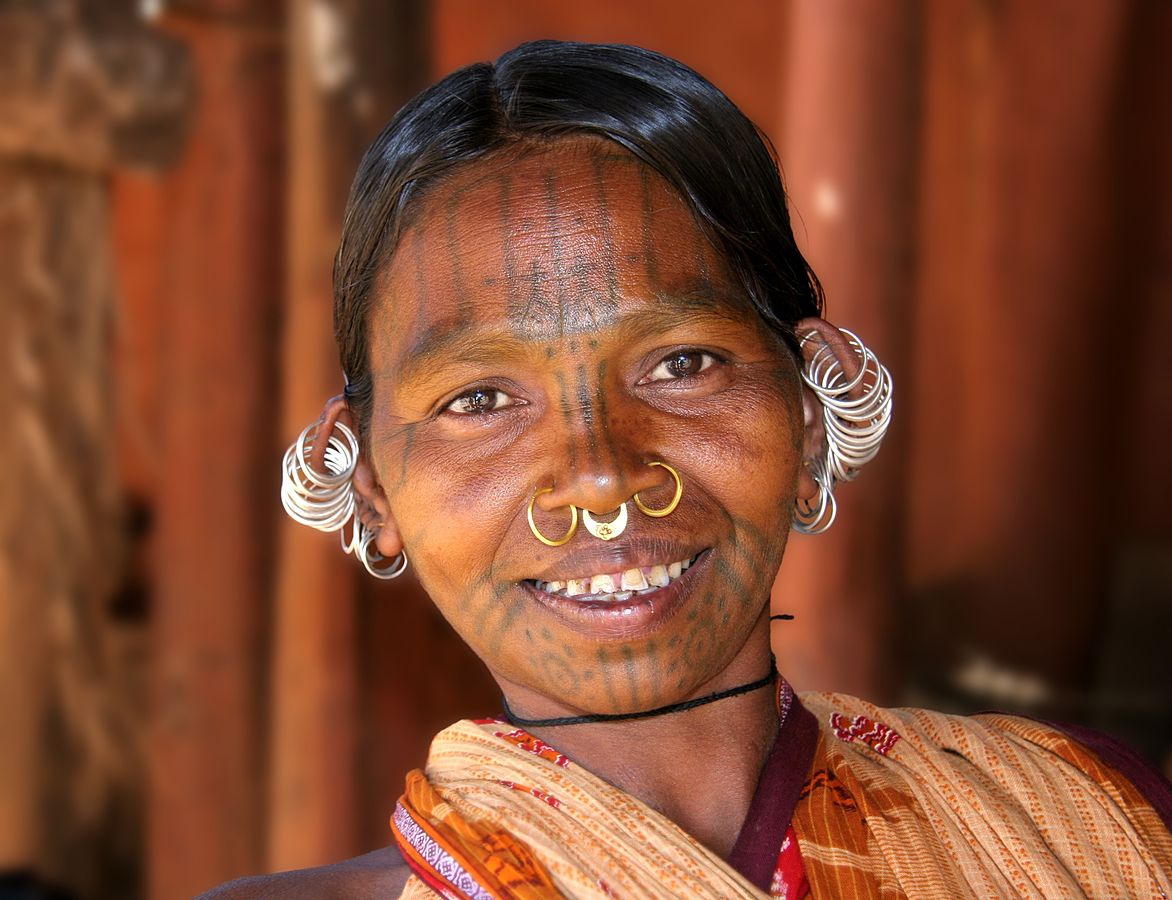If something is against the law it does not mean that India will not have oodles of it. Take the practice of dowry. Law, condemnation, penalties have not only failed to check it, but it continues also as one of the major causes of domestic torture and murder of women. As, or even more, widespread and possibly less visible is the practice of untouchability that neither prohibitory laws — in 1955 amended in 1976, for example —nor policies of positive discrimination — reservation in education and jobs — have been able to check. So there is a touching irony in the announcement of 10 villages under seven gram panchayats in the Kandhamal district in Odisha that they are now untouchability free. Led by two non-governmental organizations, the panchayats worked closely with the respective gram sabhas to achieve this by Mahatma Gandhi’s birthday. This is a happy variation in the age of targets for open defecation free villages; perhaps it underscores another kind of Swachh Bharat. The announcement itself suggests the previous intransigence of untouchability that seems to have obliterated the fact that it is illegal.
While welcoming the development, some deeper ironies need to be acknowledged. The villages in question are reportedly the home mainly of scheduled castes and of tribes, and the aim of the project was to break down the barriers of untouchability among them. On the one hand, this sounds reassuring at a time when Dalits are strongly feeling the injustices against them. On the other, it has to be asked how the effort to wipe out untouchability would have worked in habitats with a dominant population of upper castes. Kandhamal’s tragic past may hold part of the answer, while explaining why erasing untouchability among scheduled groups is so important there. The terrible killing and torture of Christians by rightwing mobs in 2008 can serve as a signpost. Since members of poor, marginalized groups converted to Christianity they were considered both untouchable as well as ‘anti-national’. The hatred was ready-made. The removal of untouchability is not only a step towards cohesiveness and unity in a downtrodden society, but it could also lessen conversions prompted by the lack of human dignity while inducing a spirit of acceptance generally. It is certainly a step forward; will the government support such popular moves?










